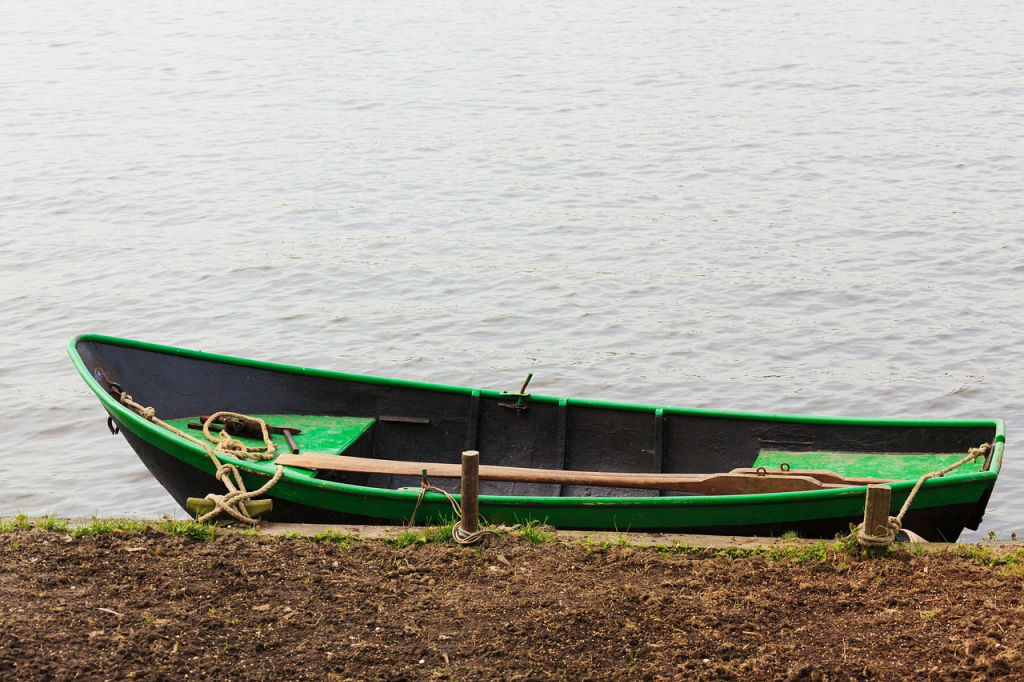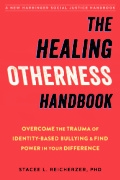When they occupied our lifespace, they kept us off-balance so that we doubted our worth. Cruel bosses, abusive partners, and people who deeply betrayed our friendship all fall into this grouping. As we move farther along in our journeys and away from these people to the extent that we’ve been able, we may struggle to see these imbalanced relationships as anything but, well, struggle. In “Acknowledging the Oarsmen,” I draw on the metaphor of our Hero’s Journey to help explain how we move beyond the pain these individuals brought to our lives.
The notion of a person who harmed me as an oarsman came not long ago. Noticing that I still carried resentment for some of the most hurtful relationships from my past, it occurred to me that there was something from each of these people which I’d been carrying but no longer needed. It’s as if whatever they instilled of shame, doubt, and self-loathing about my body, my mind, and/or my worth was a brick that I’d carried on my back for all the time since we exited each other’s physical presence.
Bricks are heavy and I’d collected many. So stooped over was I from the load, I often could not see what was in front of me. Downcast were my eyes, allowing me to see only my shuffling, tired feet and the dusty road they traveled.
I missed much along the way.
When I could no longer walk for the exhaustion, I collapsed into my path, screaming in pain. Pulling the satchel of bricks from my back, I tossed it in front of me. The moment when the bricks came tumbling out of the overturned satchel was the first time I laid eyes on them.
It was then I realized that these bricks were never mine. They belonged to my oarsmen.
Suddenly, it all became very clear. Moving through my life as best I could, I encountered many challenges. In each of our journeys, we often must choose between a winding road and crossing a perilous river. Difficult decisions had to be made and I lacked the resources to make good ones. “Come with me!” offered each of the oarsmen. “I’ll row you across the river. When we reach the other side, your life will be bliss.”
Again and again, I took the oarsman at his word and boarded the boat. By the time we could no longer see either shore for the waves that crashed around us, he’d order me face down to the bottom of the boat and place a brick in the bag I carried on my back. Sometimes the brick said, “You’ll never be.” Another said, “You’re nothing more than.” Some of the biggest and heaviest said, “You are only.”
I and the bricks he handed me were his ballast that he used to keep his boat from capsizing.
Each time I jumped from the boat or he threw me overboard for another, the bricks pulled me underwater. Gasping for air, I made it to the other shore safely, running then as fast I could away from my river and my oarsman. Running, that is, but for the weight of my bricks.
On the day when I finally began examining the bricks, I knew that I could no longer carry them for my oarsmen. For the first time, I stood upright. I noticed the release of tension in my shoulders and pain in my back. I saw where I was walking and knew again that I’d embarked on a hero’s journey many years before by simply making the decision to live, to thrive, to never drown or die of thirst.
Looking back over the road I’d stumbled along, I saw each of the rivers I’d crossed. My oarsmen were still there, trying to keep their boats afloat, looking for other people to load up with bricks as ballast. Tempted as I was to use my new-found strength to hurl each brick back, striking the oarsmen in their heads, I realized that there was a better choice. I could leave the bricks right where they were, in a pile on a dusty road. They no longer interested me in the least.
I could also claim a small bit of pride in myself that for as many bricks as an oarsman gave me to carry, I’d eventually made it to the other shore.


